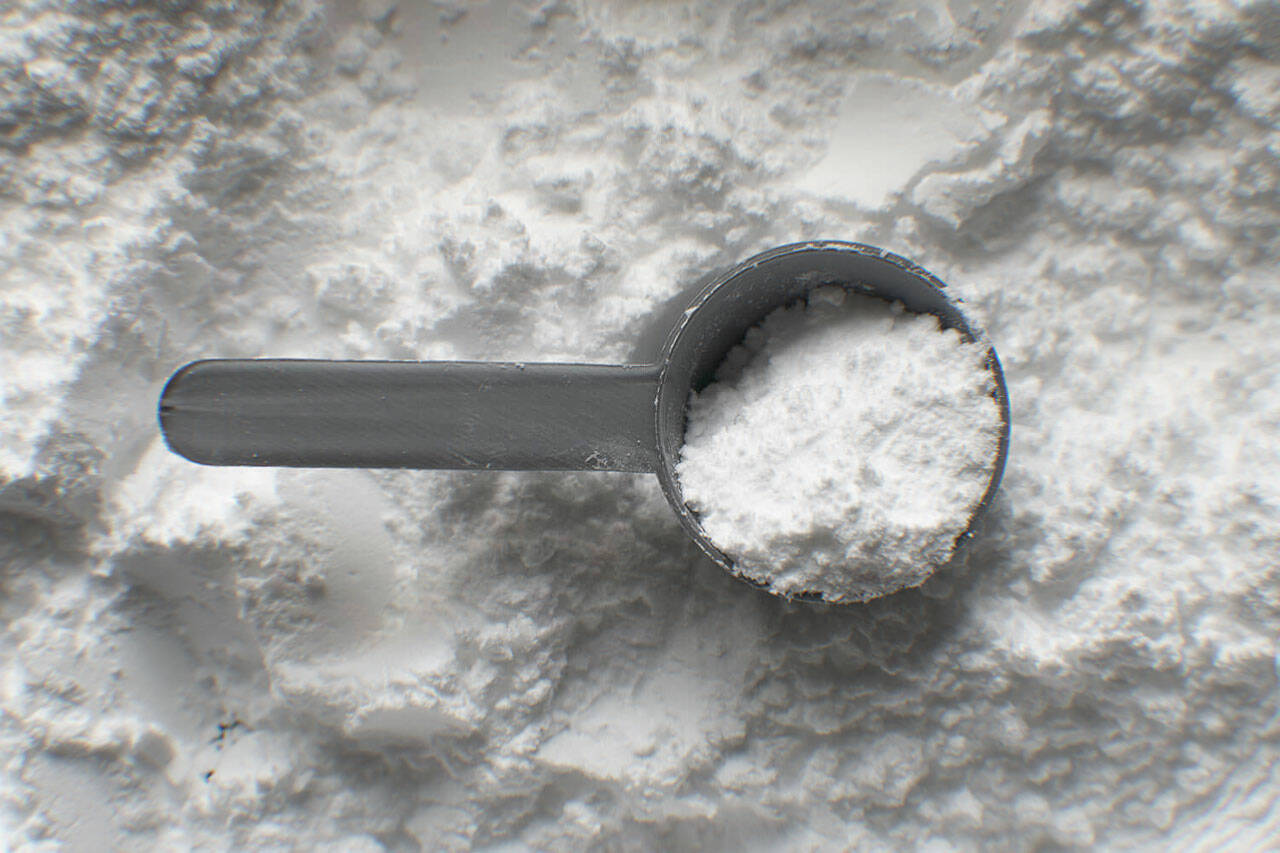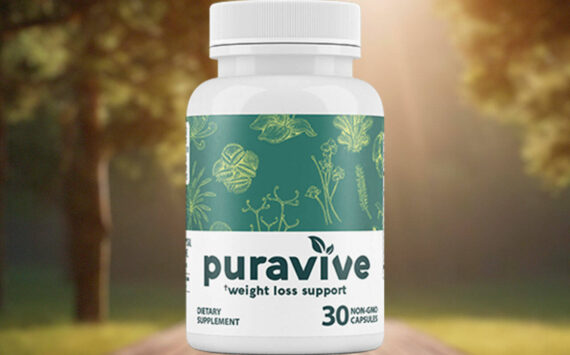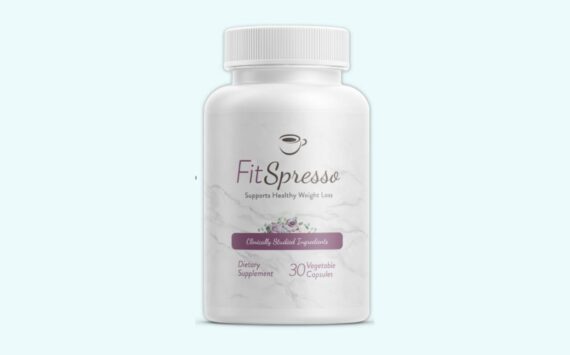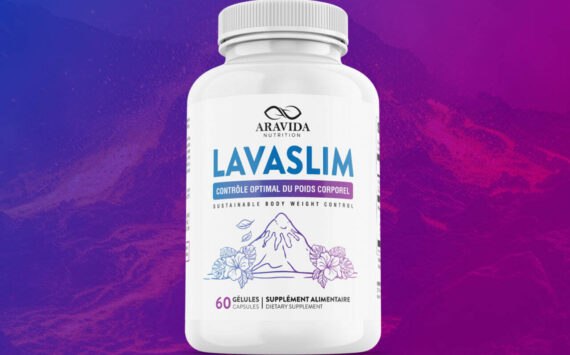Many people would rarely mention creatine and women in the same sentence. These two words aren’t often heavily associated with each other. In fact, many people think of creatine as a man’s supplement. However, creatine can have many benefits for women as well. Many of the benefits associated with female use of creatine extend beyond physical training and gains. Many myths have led people to believe that creatine isn’t a supplement that should be consumed by women and that it wouldn’t have many helpful benefits. However, research indicates that nothing could be further from the truth.
What is Creatine?
Creatine is found in the body naturally. Scientifically speaking, creatine is an amino acid found in the body’s muscles and the brain. It lives in the brain as well as your body’s muscles. However, you can also get creatine through the foods you eat as well as supplements. In terms of food, creatine is found in red meats and seafood. The word creatine is derived from the Greek word meat.
What Does Creatine Do?
Creatine provides a natural source of energy to your body. It’s responsible for providing energy to the body. In other words, creatine supplies the energy needed for your muscles to contract. As we all know, any movement requires help from the muscles in your body. Creatine is produced by your liver and kidneys. However, creatine is also acquired through your diet. In fact, half of the creatine present in your body comes from diet, particularly through the consumption of red meat and seafood. Creatine is produced by the liver and kidneys and delivered to your body’s musculoskeletal system. Approximately 95% of the creatine present in your body is stored in the skeletal muscles for use during physical activity and or movement. Creatine operates as an energy reservoir in your body by providing a continuous supply of energy to your muscles through the constant supply to your muscles. Also, small amounts of creatine can be found in your heart, brain, and tissues.
Creatinine is a compound similar to creatine and is used in lab tests to measure kidney function. Creatinine is eliminated from your body through urine. The creatine stored in your body is eliminated daily, via urine, to keep creatine levels balanced within your body. The amount of creatine eliminated is dependent on a person’s muscle mass. Your liver and kidneys create creatine to supply your muscles with energy. However, there’s also a need to consume food and supplements to maintain a healthy amount of creatine needed for muscle energy. Adequate levels of creatine should also be attained through diet. Creatine can be found in seafood and red meat as well as dairy products like milk. Creatine supplements can also be consumed. In a non-vegan diet, the average person consumes 2 to 5 grams of creatine a day. As a result, people who consume vegan diets often have smaller amounts of creatine in their bodies.
What are the Benefits of Creatine for Women?
In general, athletes use creatine to improve their performance when working out as well as for muscle growth/mass. Men often consider creatine an important supplement to include in their diets if they are trying to increase strength, muscle mass, and endurance, as well as energy. However, creatine provides a lot of benefits for women as well as men. Plus, the benefits of creatine extend beyond muscle building and endurance. Creatine also supports brain health and development, hormones, and much more. Specifically, creatine benefits the health and wellness of women in the same ways it benefits men and more. Women typically don’t consume as much creatine as men, making supplements a good option. A Brosnan and Brosnan study (2007) also revealed that women’s bodies typically have 20-30% less stored creatine than men’s. This is why supplementing with creatine is a good idea. Supplementing with creatine helps women to maintain energy levels in both the body and the brain.
Creatine helps your body to create more ATP (Adenosine Triphosphate), which is your body’s main powerhouse source of energy. Supplementing with creatine helps your body to efficiently produce more energy. You are creating more cellular energy with the help of creatine. This translates into more energy and endurance during high-intensity exercise as well as other physical tasks. When it comes to your workouts, this means the ability to do more reps and more weight. This is especially true when it comes to high-intensity workouts for short periods of time. The whole process helps you to build lean muscle mass and burn more calories. In other words, creatine improves cellular energy production.
Enhances Brain Health
However, the advantages for women extend beyond the obvious benefits available to most people who take creatine. Creatine is the main source of energy for both the body and the brain. When you’re performing a difficult task, either mentally or physically, creatine decreases. Both mentally and physically stressful activities deplete creatine. This is one reason why supplementing with creatine is beneficial. Just like muscles can become tired and depleted, the mind/brain can too. Studies with female test subjects that used placebos alongside creatine unveiled striking differences between the placebo groups and the groups that used creatine. In one study, 33 women were given either 5 grams of placebo or 5 grams of creatine during an 18-week intelligence test. This study was conducted to measure mental processing speeds every six weeks. From the start of the study, the women who received 5 grams of creatine achieved remarkably improved performance with each test contrary to the women who received 5 grams of placebo. Other studies revealed that as little as five days of supplementing with creatine created impressive results. Some of the benefits include the increased utilization of oxygen in the brain, mental clarity, and diminished mental fatigue.
The Impact of Creatine on Aging
The impact of creatine on brain health is particularly beneficial because memory as well as a whole host of other brain functions typically deteriorate as we age. Creatine helps to combat the effects of aging on the brain by enhancing brain function. Improved cognitive function is a benefit of creatine. In fact, more recent research has proven that creatine can minimize some neurological disorders related to aging. These studies reveal the impact that creatine restores brain function and prevents the loss of motor neurons.
Creatine, Pregnancy, and Menopause
Women go through many stages in life, from pregnancy to menopause. It’s common knowledge that the female body is complex and ever changing. Hormonally, a woman’s body is in constant flux during the various seasons of her life. The fluctuation of hormones within a woman’s body is tied to creatine as well. As women age, their estrogen levels drop, leading to less bone density, less strength, and more inflammation in the body. This can all be contributed to oxidative stress which is responsible for the increased inflammation as well as the decrease in bone density and strength. However, creatine has the ability to counteract these normal aggressors that come with the aging process.
Studies have even revealed the positive impact that creatine can have on postmenopausal women with osteoarthritis. This study was conducted on women aged 50-65. When these women began supplementing with creatine and added resistance training to their lifestyle, the study showed that these women increased lean muscle mass in their legs, gained increased physical function, and overall increased quality of life. Creatine has helped many women regain their youthful vitality and strength as they’ve aged. It’s a valuable supplement that has an abundance of mental and physical benefits.
Confusing Myths…
Although there have been studies that prove the efficacy of creatine for both women and men, creatine is still a supplement shrouded in many myths when it comes to women. It’s no surprise that many of the myths have probably made many women hesitant to try creatine or kept them away from it altogether. However, a careful look and explanation of why these myths are nothing more than misunderstandings covered by a lack of education, help to bust or deflate these myths. A closer look at these myths we’ll help to dispel many of them.
Dispelling the Myths…
- Myth: If I take creatine I will gain weight and become bloated.
False. This is a common myth when it comes to creatine. Although creatine has water-loving or hydrophilic properties in the body, it will not cause unnatural weight gain or excessive bloating. When you first start taking creatine you may notice that you look a little bloated or that your muscles appear fuller. However, this fullness is caused by an increase of water in the cells of the muscle. However, any weight gain you may experience initially is minimal, a pound or two. Creatine helps to build/create energy within the body. Part of this process is possible because water is increased at the cellular level, which hydrates your muscles. Hydrated muscles are healthier muscles that perform better. A small amount of water retention is needed to fuel the health and performance of your muscles on a cellular level.
Research also supports the fact that women typically experience less water retention than men when it comes to taking creatine supplements. Also, women can simply keep their water intake up to offset any minimal water retention that may take place. It’s easy to counteract excess water retention by making sure that you’re drinking enough water throughout the day.
- Myth: Creatine will make me overly muscular and bulky.
False. Creatine will help women to gain lean muscle mass. Women don’t usually produce enough testosterone to become big and bulky and overly muscular. Testosterone is responsible for the type of muscle growth designed to create large bulky muscles. Without a significant amount of testosterone, it’s hard to build massive muscles. You’d also have to be eating a substantial amount of certain types of foods in addition to having an enormous amount of testosterone. Creatine will improve your energy, performance, and overall workout, but it will not give you large bulky muscles.
- Myth: Creatine damages the kidneys and the liver.
False. Blood tests are used to check the health and wellness of kidney function. Creatinine levels are checked, to be exact. Supplementing with creatine doesn’t typically affect these levels and doesn’t even directly correlate to higher creatinine levels. In fact, a close look at fourteen different studies showed that women who were supplemented with creatine didn’t adversely affect the function of their kidneys and liver. In fact, creatine hasn’t been found to be harmful to a healthy liver and kidney function for either men or women. In fact, there haven’t been significant changes in healthy liver function according to the studies that have been conducted.
There have been many common myths that may have caused women hesitant to try creatine. After all, most women don’t want to gain weight unnecessarily or develop kidney and liver issues. This is why carefully explaining and dispelling these myths can help women to understand creatine and the benefits that they can experience if they choose to supplement it with it. The benefits of creatine are clear when it comes to overall health and wellness, both physically and mentally.
How Much Creatine do I Need?
It’s clear that creatine offers many health benefits. However, how much creatine should you take to experience these benefits? Fortunately, research, as well as trial and error, have revealed some clear answers when it comes to this question. However, creatine is typically taken in two different ways. Some people use creatine in the same amounts, daily, while others may use a method called loading. When a person loads with creatine, they take an increased amount of creatine for a period of time and then taper down. Many people use the loading process to jump-start the effects of creatine.
Creatine Loading
During the loading phase, a person takes 15-20 grams of creatine for 5-7 days and then reduces their intake to 3-5 grams after that. This allows a person to greatly increase the levels of creatine in their body quickly. However, this method isn’t a requirement to use creatine effectively. Also, this method may cause some water retention.
Consistent Daily Consumption
Conversely, some people choose to simply take 3-5 grams of creatine daily at the same time for a month. This allows a person to slowly build creatine levels within their bodies. It also allows a person to slowly maximize their creatine levels and eliminates the need to cycle off of creatine. However, there’s no “one way” or “best way” to take creatine. Consistency is the key. There hasn’t been any research to confirm the benefit of creatine timing. However, it’s recommended that creatine be taken after a workout, as well as used as a daily supplement.
The research on the benefits of creatine is ongoing. However, what is known about creatine and its benefits supports the use of this helpful supplement for physical health as well as brain health. Numerous studies have shown the positive effects that women can experience when incorporating this powerful supplement into their diets.





